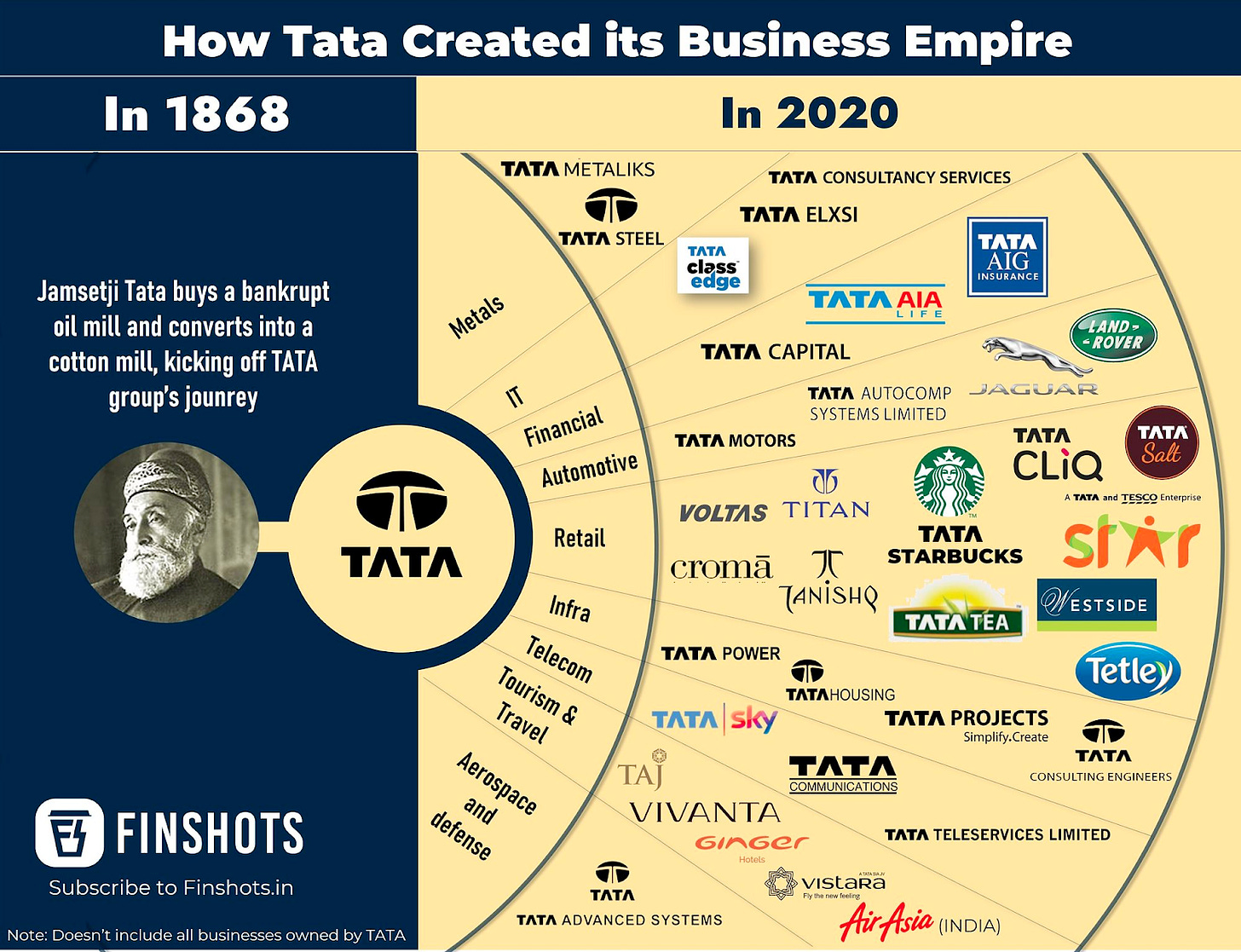TL;DR – The proliferation of content and products (thanks to AI tools), means society is going to become less trusting. In lower-trust societies, trust tends to concentrate around a few entities. To reap the rewards of being one of these trusted entities, companies will need to place more emphasis on their brand. In creating a brand and building trust, both externally and with existing customers, I can’t help but think that marketers and salespeople hold the upper hand. And so, I postulate that we are moving away from the age of the engineer, and into the age of the marketer.
In April 2020, as the world was in the throes of the coronavirus, Marc Andreessen famously wrote that It’s Time to Build. Fast forward three years and it’s certainly gotten a lot easier to build, mostly thanks to improved AI tooling.
As AI makes every engineer a “10x engineer”, new products will continue to pop up at an unprecedented rate. We’re already seeing this, and there’s no evidence of it slowing down. As with any new technology, it’s always fun to postulate about the impact it’ll have. So, I thought I’d chime in on the conversation.
The Engineer
The last decade (or two) have been the age of the engineer. Ever since the dot com bubble of the late 90s, great fortunes have been built (and lost) in tech. The nerdy engineers from the early 2000s, hacking away in their college dorms now run multi-billion dollar companies. We’ve even had the emergence of the “tech bro”, a movement arguably spearheaded by the man below.
Prior to the rise of the engineer, we had the age of the financier. Every MBA grad from this era dreamed of working on the trading floor at Goldman Sachs. Bonuses that eclipsed the size of some small countries' GDPs were not unheard of.
So, what’s next? Within my lifetime, the hottest opportunities for young graduates have seen a transition from investment banking and consulting, to product manager and founder. These areas are still desirable, but layer on the new trend of becoming a content creator and one thing is for sure – the next few years will see more content and more products being built than ever before.
The Implication for Startups
As it gets easier to build software, more value is created through distribution. For the majority of software companies, and especially for earlier-stage startups, moats have never really come from a technological leap.
Elad Gil writes about this in more depth: “Most early-stage startups are not very defensible. Many tech startups will launch an early product within 6-12 months of founding. Teams will initially be 2-5 people with a mix of eng/product/other. Definitionally, it is easy to copy or clone something that has taken a handful of people a handful of months to build.”
As it becomes easier to build software, technical moats are eroded even further. This means that a) there are going to be 10 times as many products competing for our limited attention, and b) the only real moat in software will come from engaged users.
The Propensity to Trust
Going forward, we’ll have more options to choose from and more products competing for our attention. If you’re a creator of software, this means you have more direct competitors and more competing substitutes.
To think about how this might play out, I’m going to borrow from Kunal Shah’s framework on high vs. low trust societies. If we step back in time and look at the history of tribes, religions and countries, we can see that in order for trust within a community to grow, they need a good system to detect and punish bad behaviour, whilst rewarding good behaviour. In game theory terms, you need a way to punish the defectors and reward the cooperators. If you can’t identify the defectors, no one knows who to trust and as a result, trust within a society can’t grow.
Studies have shown that Eastern societies are generally less trusting than Western societies. In low-trust societies, trust tends to concentrate around a few chosen entities. For example, when a high-trust entity like Tata Group, a leading Indian conglomerate, launches a new product, people will just go out and buy it. Whether it be a car, a fridge, or salt, people will just buy it. This explains why “super apps” are so prolific in Asia – when a high-trust entity launches a new product, people will just use it. The converse is true in the West – if Facebook was to release a dishwasher, people would be highly sceptical.
Marketers – It’s Time to Shine
This brings me to the crux of my argument. A proliferation of new products, many of which will be low-quality, means we are moving to a lower-trust society.
To build an enduring business, creating a high-quality brand and earning trust with customers is going to be more important than ever. Within each industry, no matter how niche it is, the companies with the strongest brands are going to be most well-positioned to layer in new products and protect their margins when the lookalikes come knocking.
In practice, this means a) creating a strong external brand to attract new customers and potential employees, and b) levelling up support for existing customers.
Ultimately, brand is just a proxy for trust [1]. With the inevitable explosion of products, I can’t help but think that those who know how to relentlessly build trust hold the upper hand. This sounds like something that marketing professionals are well placed to do, whether it be an enterprise salesperson, a product marketer, or a community builder. And so, if this line of thinking stands, it would seem that we’re about to enter the age of the marketer.
[1] Tying this back to our game theory concept – building trust with customers can be thought of as a repeated game, where the same players continue to interact with each other. Each interaction between you and your customers can be thought of as a move in this repeated game. The strategies you choose in each interaction will dictate how well you are able to build trust over time. In this sense, incumbents may possess a benefit if they are already deeply progressed into this game, and have made the right moves to build trust.






Interesting! Do you see any parallels with more mature industries? For example, fast moving consumer goods? Once upon a time, it was all about 'engineers' for them too—formulating product, building manufacturing lines, creating scale, and lowering cost. And then, when manufacturing became more accessible, marketers become centerstage like the Brand Mangers of P&G, Nestle, etc.
Is this the same trend you're pointing out with 'startups', specifically pertaining to *tech/software* startups? That is:
- Manufacturing engineers = software engineers
- Manufacturing more accessible = AI making software more accessible
- Age of the FMCG marketer = Age of the tech marketer?